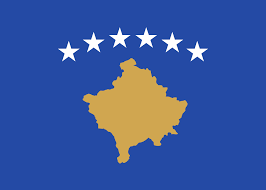
- Capital City: Pristina
- General Information Official Language: Albanian (official)Serbian (official) Turkish, Bosnian, and Romani (official in relevant municipalities)
- Currency: Euro (EUR) (also uses the Serbian dinar in some areas)
- Population (2024): 1.58 million
Political Overview
Government Type
Parliamentary Republic
Key Leaders
- President: Vjosa Osmani
- Prime Minister: Albin Kurti
Political Stability Index
-0.32
International Alliances
- UN, Candidate for EU, NATO Peace Participation Program
Economic Overview
GDP (Nominal)
$10.44 billion
GDP (PPP)
$41 billion
Key Industries
- Construction material
- services
- and mining
Top 5 Importers/Exporters
Exports- Germany, Italy, Albania, Serbia, and Turkey. Imports- Germany, Italy, China, Serbia, and Turkey.
Social Indicators
Human Development Index
0.757
Literacy Rate
0.919
Life Expectancy
79.5
Geopolitical Relevance
Strategic Location
Located in Southeast Europe on the Balkan Peninsula, bordered by Serbia to the north and east, Montenegro to the west, North Macedonia to the south, and Albania to the southwest; it serves as a crossroads between Eastern and Western Europe.
Key Conflicts
Ongoing tensions with Serbia over its status as an independent state.
Border Issues
Northern Kosovo in relation to Serbia and border crossings.
Military Strength
Reliance on NATO forces for security but not a member.
Related Posts
-

North America 2024 Overview
| CANADA The relationship between Canada and India continues to deteriorate since the death in Winnipeg of a Sikh leader in October 2023. Canadian police claim that the incident involved the Indian government, as Canada is waging a violent campaign against independence supporters in Khalistan, a province of Punjab in northwest India. The Indian government…
-

Right wing Extremism in Europe
Context/Background/Introduction Right-wing extremism has become an increasingly topical political and social concern in Europe, primarily as a response to economic crises, higher immigration levels, and societal shifts caused by globalization. It has led to nationalist and populist parties that support stricter control of immigration and the return of cultural homogeneity. This change has been quite…
-

Rising Waters: Analysing the Impact and Response to the 2024 Flooding Crisis in France
Overview In October 2024, France faced severe flooding, particularly in Ardèche and Lozère, with nearly 400 towns declared natural disaster zones due to extensive damage. Timeline of Events Regions Most Affected The most severely impacted regions included: Anthropogenic and Non-Anthropogenic Factors – Rapid urbanization in France has increased impervious surfaces, hindering rainwater absorption and raising…
-
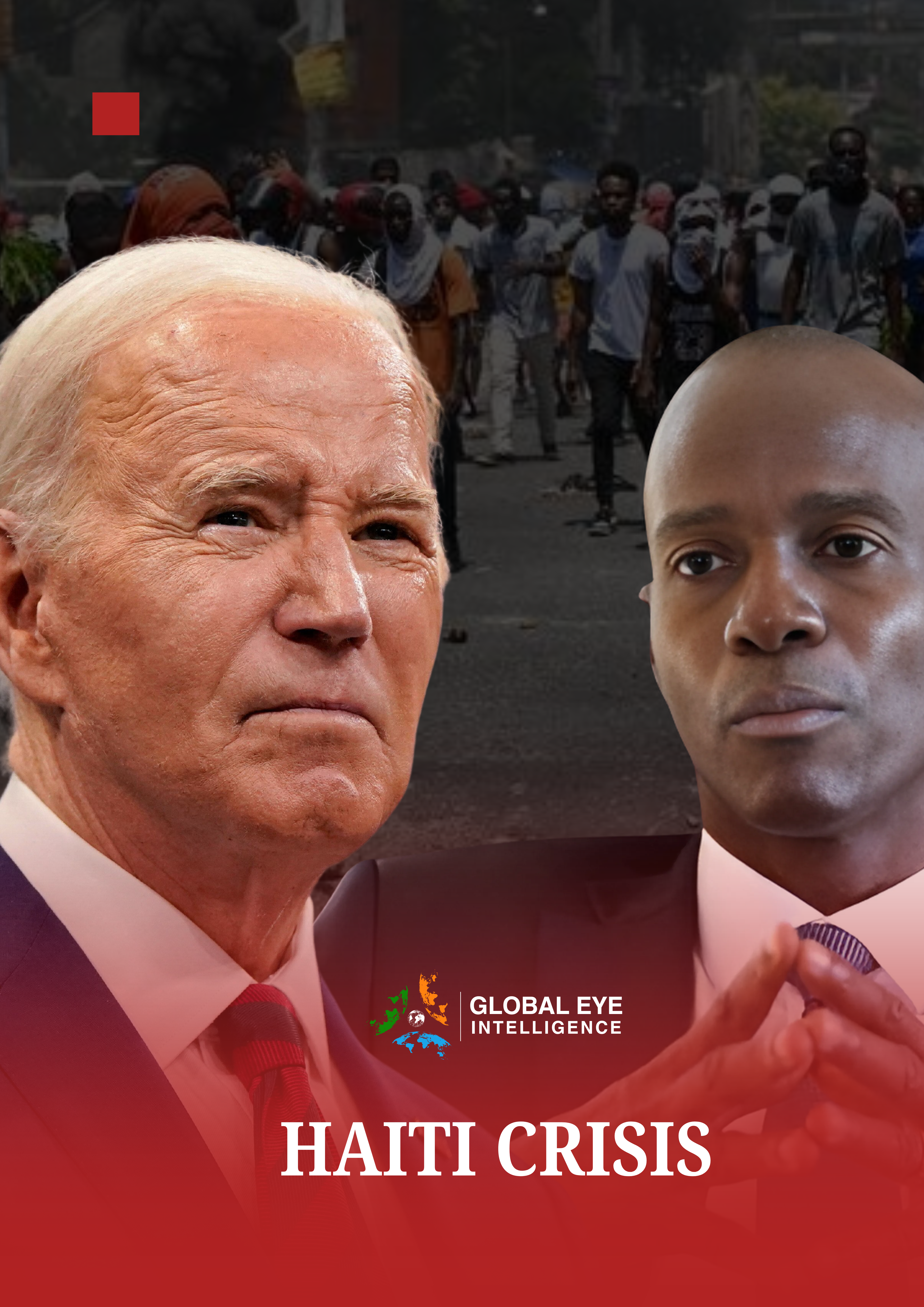
The Haiti Crisis
Executive Summary This report analyzes Haiti’s escalating political, economic, and humanitarian crises, highlighting the role of gang violence in driving instability and violations of international law. It examines the impact of interventions by multilateral bodies, the USA, and Kenya, amid worsening conditions since the 2021 assassination of President Jovenel Moïse and a devastating earthquake. With…
-
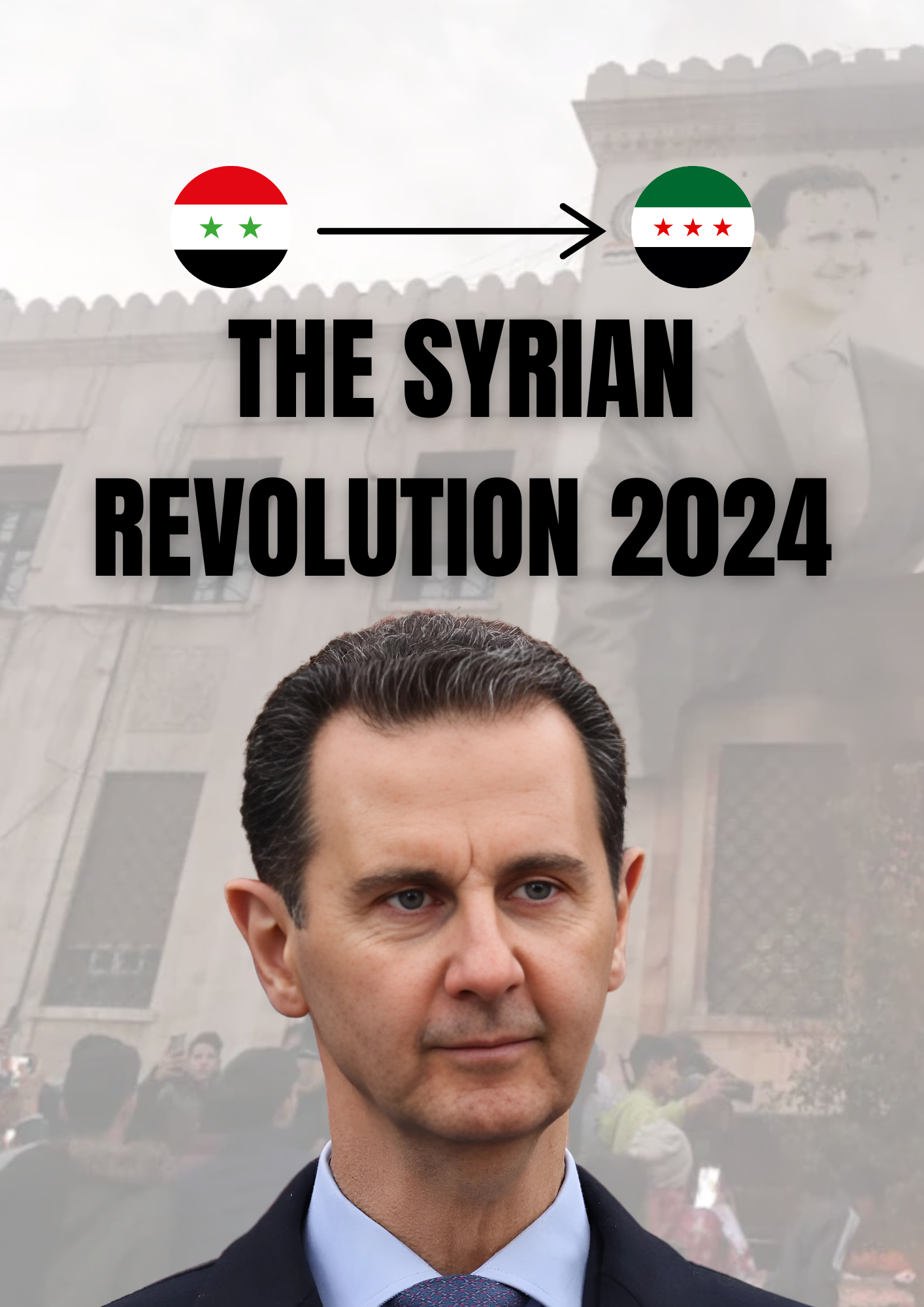
Post-Assad Syria and Regional Turmoil
Executive Summary Syria’s geopolitical landscape has undergone a seismic shift with the collapse of the Baathist regime and the fall of Damascus on December 8, 2024. The rapid dissolution of the Syrian Arab Army (SAA) has created a power vacuum, heightening sectarian divisions, territorial disputes, and external interventions. The emergence of Hayat Tahrir al-Sham (HTS)…
-
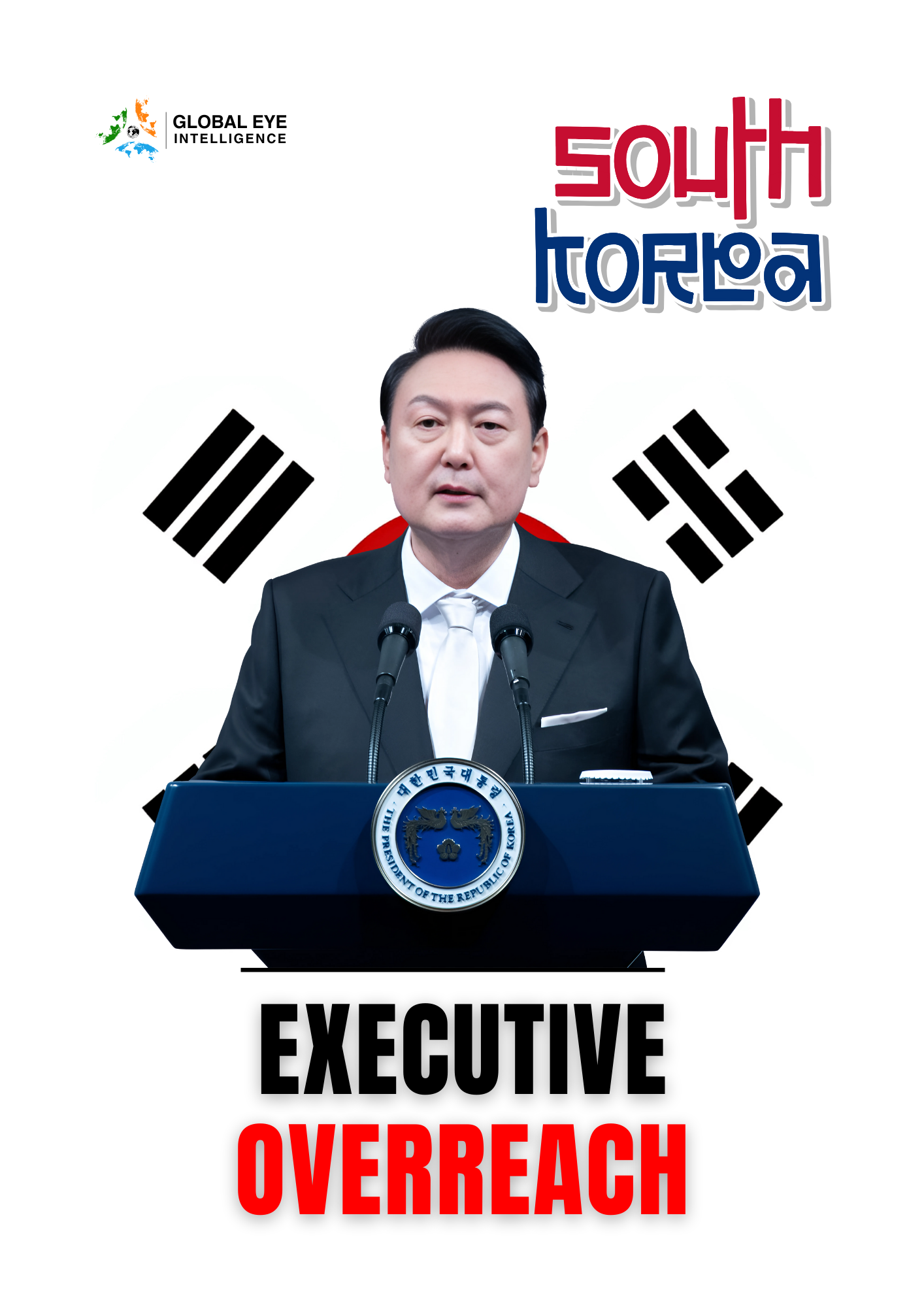
Martial Law in South Korea
Executive Summary South Korea is facing a severe political and constitutional crisis following President Yoon Suk-yeol’s unexpected declaration of martial law. The decree, justified by alleged threats from domestic opposition forces, led to mass arrests, military deployments, and media censorship. However, swift rejection by South Korea’s parliament and growing public discontent forced President Yoon to…
-
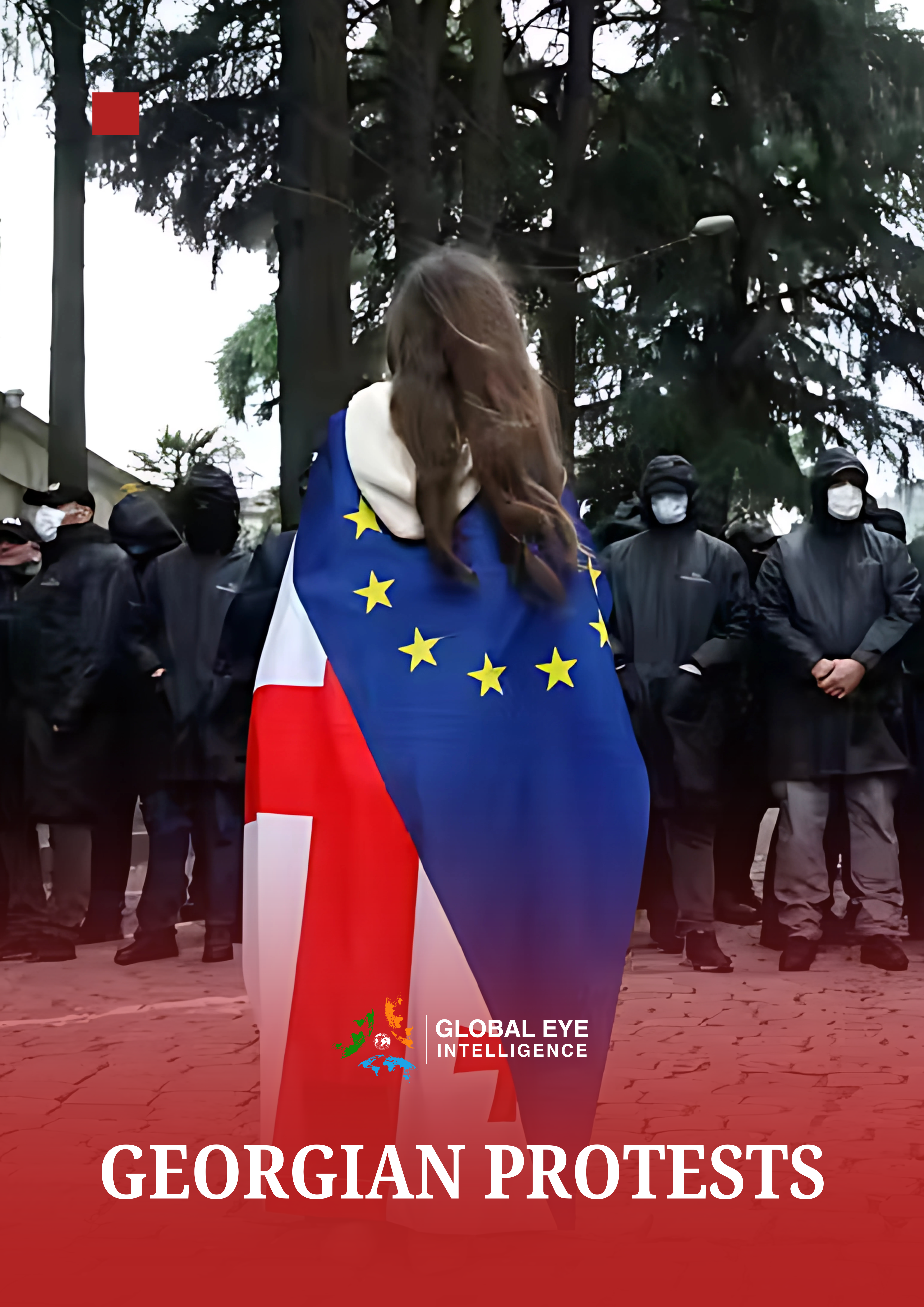
GEORGIAN PROTESTS ANALYSIS
1. Executive Summary The country of Georgia is facing widespread unrest as the government has decided to push back the accession talks with the European Union until 2028. Protestors and the police forces are clashing which has taken a violent turn with the former demanding membership in the EU. International pressure is growing, and key…
-

Islamic Extremism in the Gulf Of Aden
Executive Summary Islamic extremism in the Gulf region has intensified, driven by incidents like the 2024 Israel-Iran confrontation and past attacks on critical energy infrastructure, underscoring vulnerabilities to drone and missile warfare. AQAP has increasingly utilized global events, such as Quran burnings and the October 7 Israel-Hamas conflict, to fuel its propaganda, encouraging both lone-wolf…
-

Sudan’s Civil War
Introduction: A brutal civil war that began in April 2023 engulfed Sudan by April 2024, pitting the Sudanese Armed Forces (SAF), led by General Abdel Fattah al-Burhan, against the paramilitary Rapid Support Forces (RSF), commanded by General Mohamed Hamdan Dagalo (Hemeti). The conflict has resulted in a devastating humanitarian crisis, extensive destruction, and significant civilian…
-
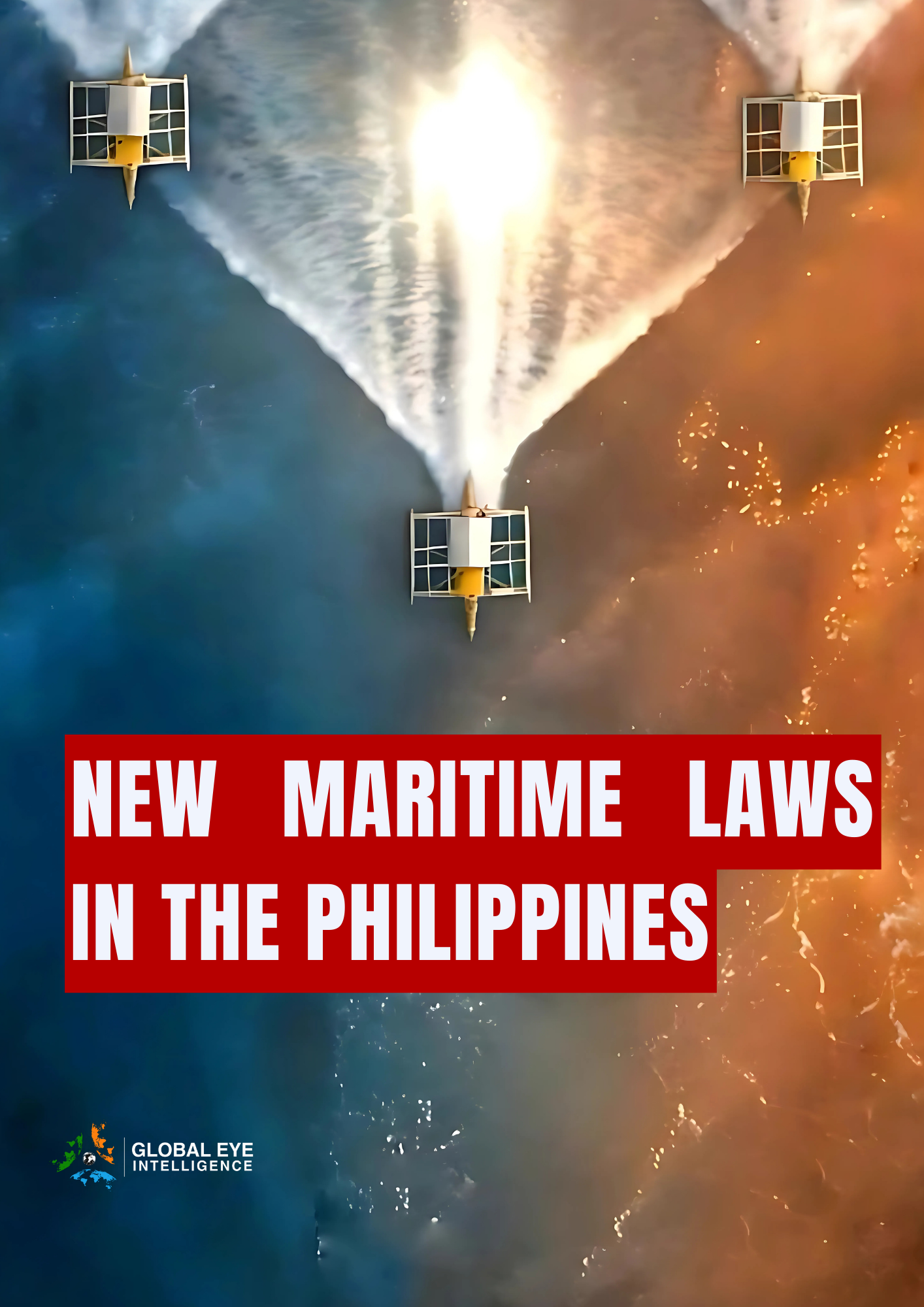
New Maritime Laws in the Philippines
Executive Summary The Philippines has introduced two pivotal maritime laws — the Philippines Maritime Zones Act and the Philippine Archipelagic Sea Lanes Act — aimed at reinforcing sovereignty and securing its waters in the South China Sea (SCS). These laws have intensified regional disputes, particularly with China and Malaysia, over the contested maritime territories. This…

